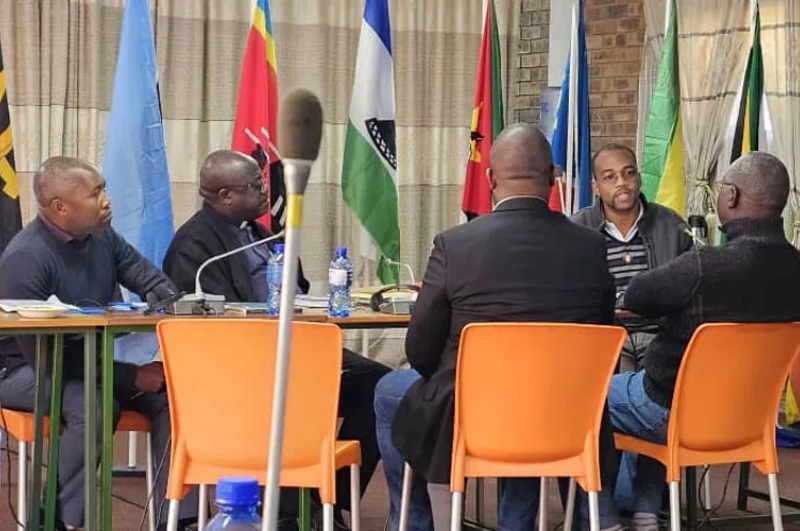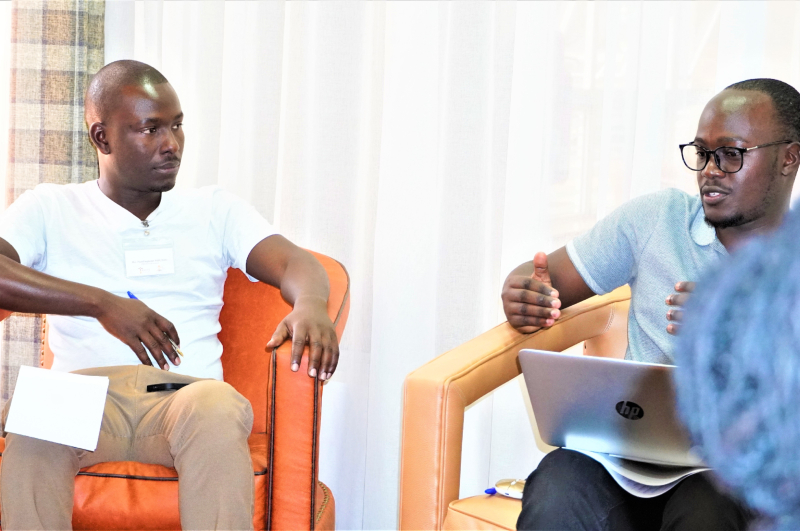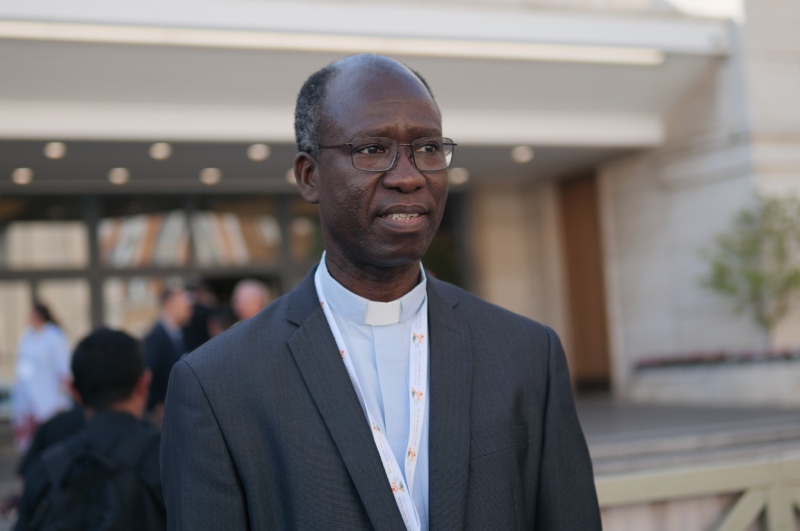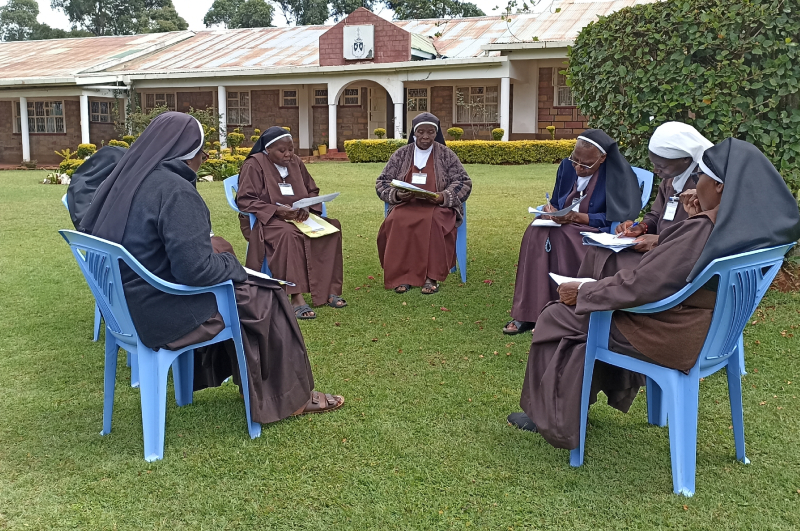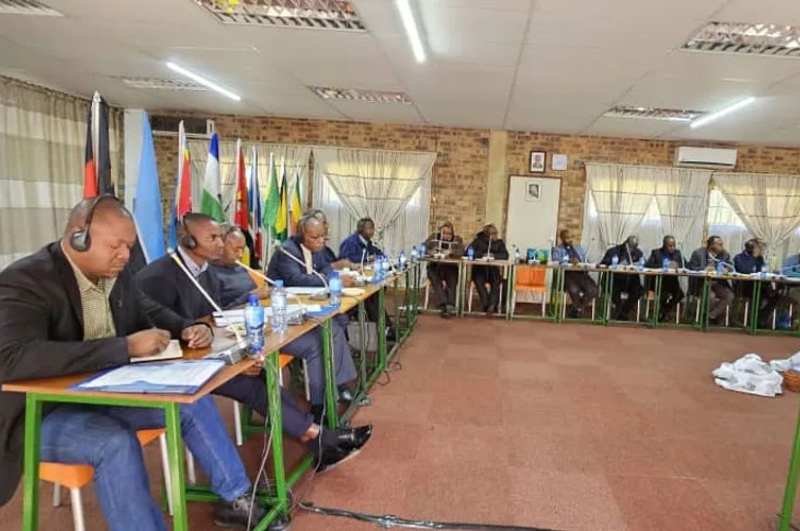

Seminary Rectors and other formators in the nine member countries of the Inter-Regional Meeting of the Bishops of Southern Africa (IMBISA), who have been participating in a formation workshop in South Africa have recommended that formators “use the method of conversation in spirit to develop a culture of listening”.
In a final statement following their April 8-12 formation workshop at Padre Pio Retreat Centre in South Africa’s Catholic Archdiocese of Pretoria, participants in the workshop, who also included Catholic Bishops at the helm of the IMBISA Pastoral Department and members of the IMBISA Secretariat recommend “the inclusion of women in the formation of future priests”.
Having “a curriculum that would include course/s on synodality” in IMBISA member countries, a task assigned to “two experts” is another recommendation from the participants in the formation workshop that IMBISA organized in partnership with the African Synodality Initiative (ASI), a partnership between the Jesuits Conference of Africa and Madagascar (JCAM), the Symposium of the Episcopal Conferences of Africa and Madagascar (SECAM), and the Association of Member Episcopal Conferences in Eastern Africa (AMECEA).
“The rectors and formators to meet alternately within IMBISA region,” the participants also recommend, referring to those involved in the formation of future Catholic Priests in Angola, Botswana, Eswatini, Lesotho, Mozambique, Namibia, São Tomé and Príncipe, South Africa, and Zimbabwe.
Organized under the theme, “Synodality and spiritual conversation in seminaries”, the formation workshop is a response to the call for “extensive revision of priestly formation” in the ongoing Synod on Synodality, which Pope Francis extended to 2024, with the first phase, 4-29 October 2023, having concluded with a 42-page summary report.
Facilitators guided participants in the formation workshop in reflections and discussions about “the meaning, practice and significance of synodality in priestly formation ... the spiritual conversation method and pastoral synodal leadership.”
In their discussions about the method of “spiritual conversation”, facilitators and participants underlined the fact that “the Spirit of God is at work in me, others and the Church”.
In the final statement that the programme Coordinator of ASI, Caroline Kavita, shared with ACI Africa, the participants report that they “began by acknowledging God’s love for us.”
“We must be attentive to verbal and nonverbal communication. Synodality is not about making statements ... but it is about listening to one another” they note citing Pope Francis.
Listening, the participants say, involved a couple of “fundamental attitudes”, which include the attitude of “active listening” and that of “the conversation of the heart.”
“The goal of the conversation (of the heart) is to create an atmosphere where everyone can speak without fear and be listened to without prejudices,” participants in the formation workshop in the statement that IMBISA published on April 12.
The participants go on to emphasize their collective consensus that “Synodality is the life of the Church.”
In the discussions about “pastoral synodal leadership”, Fr. Marcel Uwineza and Sheila Pires guided the participants in understanding leadership as “the capacity to make a difference in our lives and in that of others.”
In the final statement shared with ACI Africa, the participants explain that “the role of a leader is very important to help the group to be effective. A leader must have courage to decide but this must be done after consulting all the stakeholders.”
“A leader must create an environment where every member of the staff can speak without fear. S/he must also not be afraid of conflicts because conflicts help us to grow and find solutions to our problems. S/he must have a clear and objective vision,” they add.
The participants recall Fr. Uwineza’s input on the need “to cultivate and lead synodal pastoral communities and spirituality of journeying together” on Wednesday, April 10, the second day of their formation workshop.
Read full article {HERE}
Related Articles
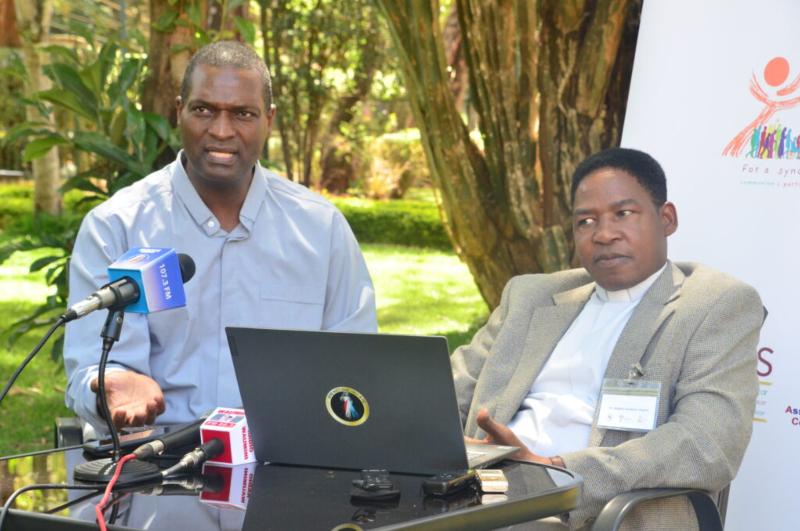
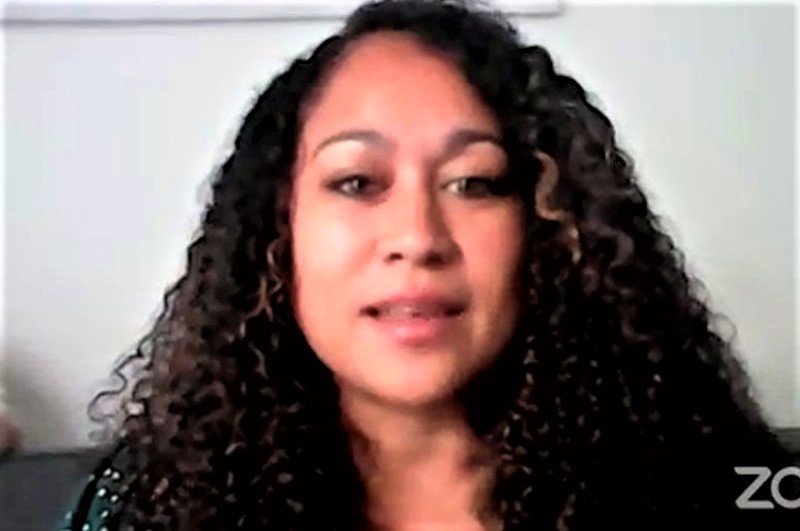
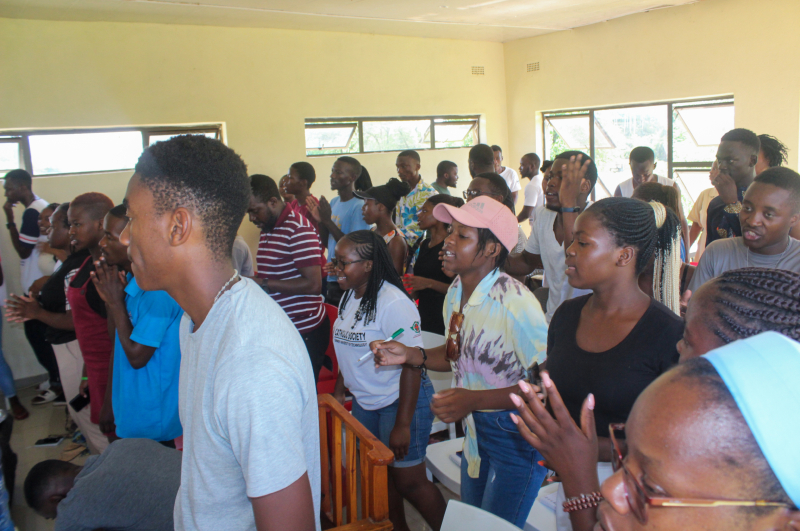

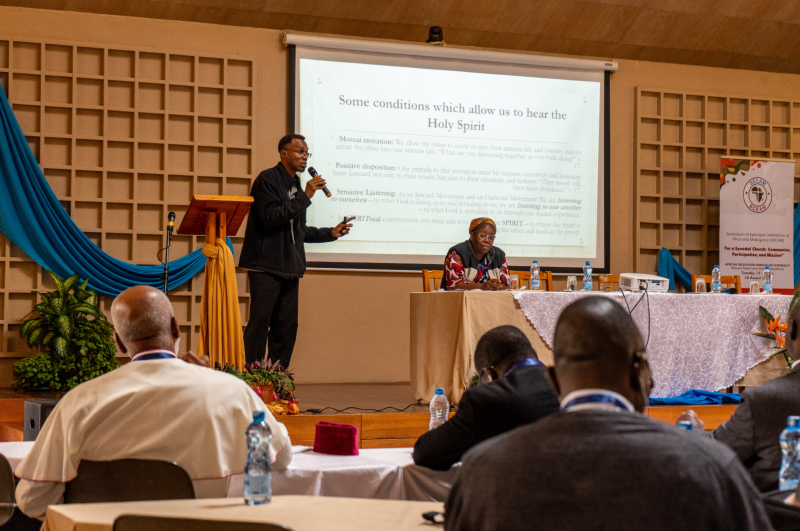
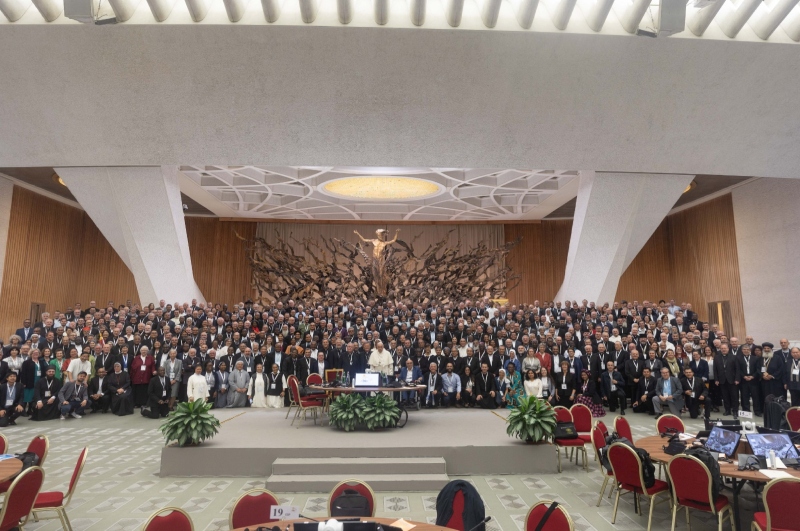
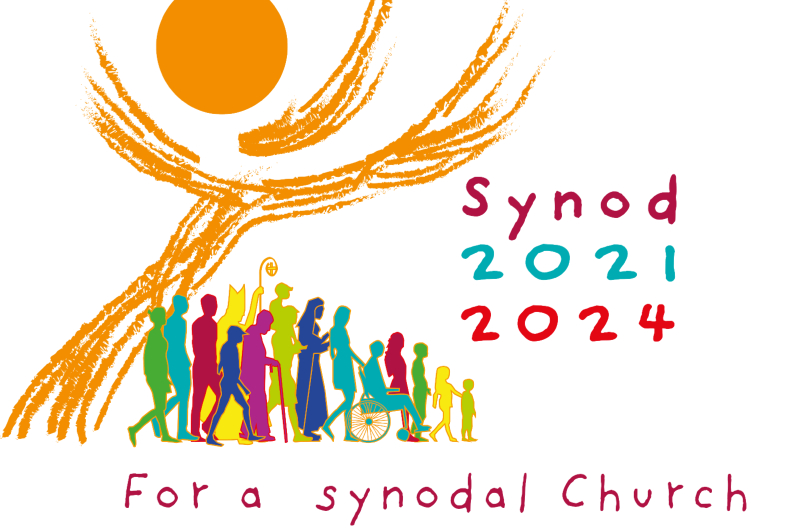
Select Payment Method
Pay by bank transfer
If you wish to make a donation by direct bank transfer please contact Fr Paul Hamill SJ treasurer@jesuits.africa. Fr Paul will get in touch with you about the best method of transfer for you and share account details with you. Donations can be one-off gifts or of any frequency; for example, you might wish to become a regular monthly donor of small amounts; that sort of reliable income can allow for very welcome forward planning in the development of the Society’s works in Africa and Madagascar.
Often it is easier to send a donation to an office within your own country and Fr Paul can advise on how that might be done. In some countries this kind of giving can also be recognised for tax relief and the necessary receipts will be issued.


